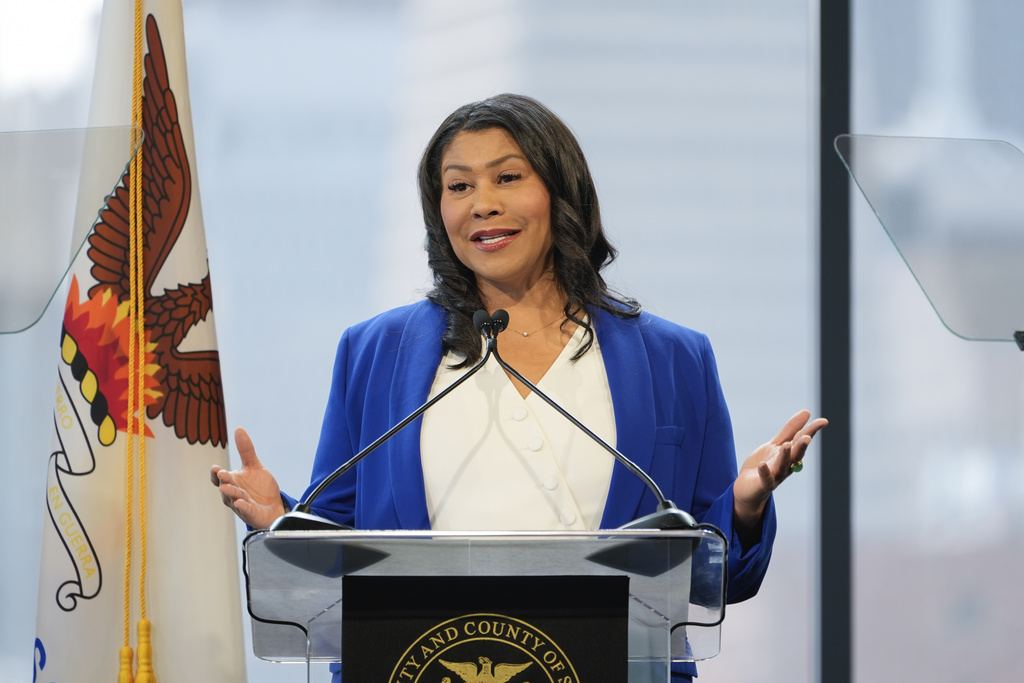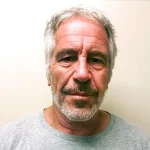
It’s the perfect San Francisco storm: one part rampant crime, one part solution, two parts liberal pushback, and a lot of red tape.
That’s the situation San Francisco Mayor London Breed has found herself in as she tries to shut down what she refers to as “Walgreens on the sidewalk.”

It’s a familiar sight in the Northern California city. Vendors lined up, some legal, some not, hocking everything from deodorant to drugs. These outdoor markets are at the cross section of what can happen when retail theft is left unchecked, fentanyl addiction grows, and community frustration on both sides of the issue begins to boil.
Breed, a Democrat who is facing a tough reelection in November, wants to get rid of the street vendors but is up against a state law that has made it difficult to give them the boot, even if it is obvious they are selling stolen goods.
Her two top challengers, Daniel Laurie and Mark Farrell, said that she has not done enough to punish shoplifters or drug dealers, and they blame her for unsafe conditions on the streets that have led to a hollowing-out of stores and businesses leaving town.
Breed is also getting pushback from immigrant rights groups who say her push for a blanket moratorium on all street vending in certain areas robs legitimate mom-and-pop vendors who are trying to make an honest living.
“Despite their contributions, informal workers are currently being stigmatized with narrative and exclusionary actions by city authorities,” a coalition of neighborhood groups called United to Save the Mission said.
Last year, Breed banned street vending on Mission Street for 90 days in an effort to improve safety along the commercial corridor. City leaders reported that street conditions improved during the first 60 days, which led the city to extend the ban for six months.
“The ban’s extension will allow the city to continue to assess how to ensure conditions on the sidewalks and around nearby BART plazas do not ‘deteriorate again,’” London said in a statement at the time.
However, Breed now says a 2018 state law has made the ban almost impossible to enforce because the law, which was backed by civil rights and Latino advocacy groups, blocks the police from criminally enforcing regulations on street vending. That means San Francisco must use public works employees to drive the vendors out, but because there is so much violence or threats of violence on the streets, the public works employees need police protection.
San Francisco’s police force is already down by nearly 600 officers, and city officials say they can’t afford to pay extra for protection.
That’s not acceptable to Breed, who has started to apply pressure on lawmakers to relax the restrictions in place so that police officers can approach vendors on their own who they suspect are selling stolen goods.
“When people are out there basically with Walgreens on the sidewalk, our officers should be able to walk up,” Breed told Politico, adding that she has been working with Sen. Scott Wiener as well as with the mayors of San Diego and Fresno on the legislation.
CLICK HERE FOR MORE FROM THE WASHINGTON EXAMINER
Wiener has not yet unveiled a bill, though he said he is exploring legislation that could curb illegal fencing as well as make it easier for legal vendors to obtain city permits and find spaces to run their operations.







